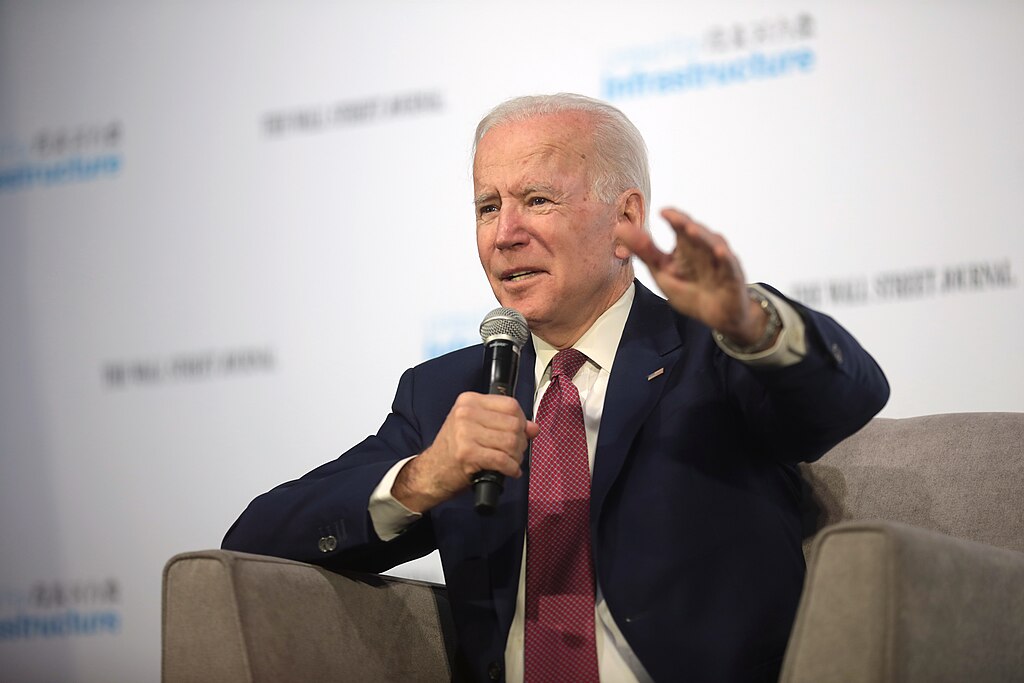A lot changed on Nov. 5. Across the nation, voters made clear that the status quo was not improving their lives — with nearly every demographic and region shifting to the right compared to the 2020 Presidential Election.
As a Democrat, the results were damning. Former President Donald Trump re-took the White House (while being the first Republican nominee to win the popular vote since 2004), House Republicans held on to the lower chamber, and the GOP is now in control of the Senate. Here in Florida, Trump went from a three-point victory in 2020 to a staggering plus-13 in November.
Put plainly, it was a good old-fashioned butt whooping.
Where do Democrats go from here? Our party must address a few core issues if we want to be competitive in battlegrounds across the country and reverse the trend in Florida and other states that have turned ruby-red in the past few cycles.
Prioritizing issues and messages
Democrats have a messaging problem. Voters were unimpressed with the threat Trump posed to democracy and were more concerned with their pocketbooks than an alleged autocrat occupying the Oval Office. No matter your feelings on Trump, what’s undeniable from exit polls and interviews is that many voters felt that Democrats were unprepared to combat inflation, global conflicts and a migration surge that has dominated headlines for months.
If Democrats want to compete, we must get back to the basics: lowering food costs, expanding affordable housing, securing the border and making sure the wealthiest pay their fair share. We can still talk about rights for our LGBTQ+ brothers and sisters and other important social issues, but we must speak to the majority and present hope rather than fear.
President Joe Biden was one of the most pro-union, working-class presidents in modern history, yet the administration’s accomplishments were not effectively messaged to the electorate. What did voters know? Left unchallenged, they knew what they were told repeatedly by Trump Republicans and went practically unrefuted: That they were living paycheck to paycheck and every trip to the grocery store grew more painful.
The electoral battle in Florida reflected this same trend. Democrats should have capitalized on historic storms, skyrocketing insurance premiums and an increasingly unaffordable housing market. Instead, candidates and campaigns were caught up in culture wars largely provoked by Republicans.
Looking forward, we must be okay with correcting course when the issues go too far to the fringes and don’t represent a majority position.
Register, register, register
In the early 2000s, Democrats had a clear advantage over Republicans in voter registration. However, as of April 2024, that advantage shrunk to just 1%, according to the Pew Research Center. These margins matter when elections are decided by mere thousands of votes in different parts of the country.
Spend your days with Hayes
Subscribe to our free Stephinitely newsletter
Columnist Stephanie Hayes will share thoughts, feelings and funny business with you every Monday.
You’re all signed up!
Want more of our free, weekly newsletters in your inbox? Let’s get started.
Explore all your options
In Florida, the trend has been even worse. During the 2018 gubernatorial election, the Florida Democrats held a nearly 300,000 lead in registered voters when their candidate lost by a mere 0.3%. In this presidential election, Republicans had 1 million more registered voters than Democrats in the Sunshine State.
For too long, Florida Democrats and their counterparts across the country believed that “demography was destiny.” The influx of different ethnic groups would inevitably give them an insurmountable lead in registered voters. However, as evidenced by Latinos making a stunning shift to the right in 2024, this hasn’t been the case. Voters in the three most Hispanic counties in Florida went from giving Hillary Clinton a 324,000 vote margin in 2016 to delivering a 133,000 vote margin to Trump in 2024.
To stay competitive, Democrats must register voters constantly — not just six months from an election — with messages that give people a reason to register Democrat. Voters aren’t dumb and can sense when candidates and parties treat them as transactional actors rather than actual stakeholders.
Let’s be clear: Republicans in Florida and other states are clear eyed about the importance of registration and have been outpacing Democrats for years. As I state in my book, “Disaffected!,” Democrats have to earn voters’ trust again by being present in communities when there isn’t an election on the horizon, listening to concerns, articulating how priority issues will be addressed and registering people for future electoral contests.
Out with the old
My final point, which may be a tough pill to swallow for some, is that the current ecosystem of Democratic consultants and operatives must change or evolve (me included). Over many campaign cycles, we have become embattled and jaded — leading us to settle for what has been done before rather than customizing campaign plans and meeting voters where they are.
With national donors and resources all but abandoning Florida, Democrats in the Sunshine State must do the hard work of resetting and rebuilding on their own for the foreseeable future.
The key is recruiting talent at the state and local levels and preparing them for future campaign leadership roles. These fresh faces bring new ideas, more passion and a new direction for candidates as they face unique electoral challenges brought by technology and changing demographics. Fresh faces might even attract renewed interest from national partners with significant resources.
If Democrats want to enact the policies and vision so desperately needed to help our most vulnerable communities, now is the time to wake up, reset and get back into the game. The future of the country depends on it.
Sean Pittman is an attorney, political consultant and author of the book “Disaffected!: Why Every Election is the Election of a Lifetime.” Sean has advised many campaigns, including former President Barack Obama and former Florida gubernatorial candidate Andrew Gillum. Pittman lives in Tallahassee with his wife, Dr. Audra Pittman, and their three daughters.













